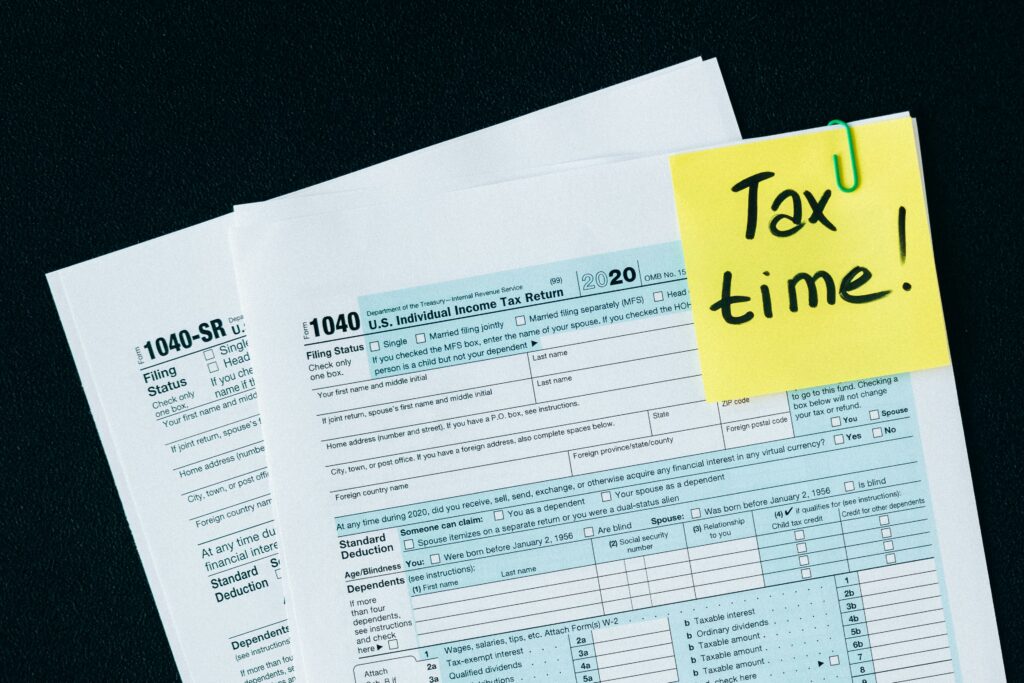Are you looking to maximize your investment returns while minimizing your tax liability? Well, you’re in the right place. This article will delve into tax yield investments, a strategy that’s gaining traction among savvy investors.
Delving into Tax Yield Investments
Diving deeper into the realm of tax yield investments sheds light on its intricacies for your understanding and application.
What are Tax Yield Investments?
Tax yield investments encompass financial instruments optimized for tax efficiency. Typically, they’re designed to reduce the amount of taxes you pay while augmenting your overall returns. There’s a diverse spectrum in this realm that can range from tax-free bonds to tax-efficient mutual funds. Consider tax-free municipal bonds as an example, where the interest generated is exempt from federal income tax, and often state or local taxes. Similarly, index funds and exchange traded funds (ETFs) are cited as tax-efficient due to their low portfolio turnover, which results in fewer taxable distributions.
The Importance of Tax Yield Investments
Tax yield investments carry an inherent importance in the investment landscape. Of particular relevance, they offer the potential to reduce your tax liability, potentially preserving more of your investment returns. Rather than surrender a significant portion of your profitable returns to tax payments, tax yield investments let you keep more of what you earn. Think of long-term equity investments, where the capital gains tax is often lower than the regular income tax. This tax favorability can significantly enhance net returns over time. Furthermore, tax efficiency plays a vital role in compounding, allowing for the so-called “eighth wonder of the world” to work in your favor. Overall, tax yield investments form a cornerstone of smart financial planning, allowing you to optimize returns while mitigating tax expenditure.
Tax Yield Investments Evaluation
In this section, delve into the distinct types of tax yield investments that savvy investors commonly use. You’ll take a closer look at stocks and bonds, mutual funds, and real estate investments.
Stocks and Bonds: Tax Yield Investments
Among the different types of tax yield investments, stocks and bonds stand prominent. Investors often choose stocks for potential high returns and bonds for steady income. Regarding tax efficiency, qualified dividends from stocks and interest from specific bonds (like municipal bonds) provide tax advantages.
For example, in the case of stocks, consider the benefit of long-term capital gains. When you hold a stock for over a year before selling, it’s generally subject to long-term capital gains tax rates, substantially lighter compared to ordinary income tax rates. Similarly, municipal bonds are often exempt from federal taxes and, at times, state and local taxes as well.
Mutual Funds: A Popular Tax Yield Investment
Going further, mutual funds entail a collection of investments such as stocks, bonds, and other securities. They present another strategically viable tax yield investment option. Index mutual funds, in particular, as they replicate a specific index and imply low turnover ratios, also offer tax efficiency.
For instance, a mutual fund may hold hundreds of stocks or bonds, distributing the risk over a diverse investment portfolio. With index funds, you’re investing in the total market, which naturally requires fewer transactions and thus less taxable events.
Real Estate as a Tax Yield Investment
Lastly, let’s not overlook real estate as a significant tax yield investment. Rental properties, in particular, offer tax deductions on costs like mortgage interest, property taxes, and depreciation. Essentially, these tax breaks mean more of the income you receive stays in your pocket.
For example, investing in rental properties allows for deductions on mortgage interest. In sheer numeric terms, if you’re paying $10,000 a year in mortgage interest on your rental property, the entire amount qualifies for a deduction. Thus, the real income earned from rental remains shielded from heavy taxation.
In essence, understanding these different types of tax yield investments paves the way for making educated decisions in your tax-saving investment journey. Opsimize your returns by diversifying your investments across these tax-efficient vehicles and take advantage of the tax benefits they offer.

